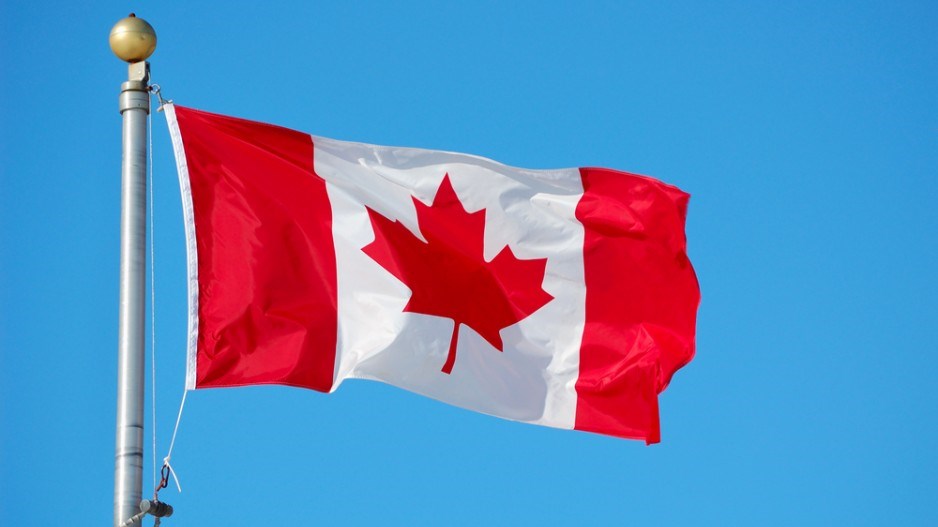Canada is currently engaged in an important conversation about its future.
In the midst of an expected economic recovery following the COVID-19 lockdown, the country is starting to take a long hard look at its fabric. Earlier this month, Research Co. and Glacier Media noticed some fluctuations in the components of the country that make Canadians proud, including a sizable increase for multiculturalism.
In our most recent survey, 74% of Canadians say they consider the policy of multiculturalism as “very good” or “good” for the country, up 12 points since we asked in January 2019. Residents of Atlantic Canada and British Columbia are the most supportive of this policy (79% each).
While perceptions of multiculturalism have improved since last year, there are still divisions on what kind of country Canada should be when it comes to welcoming immigrants. There is a deep divide on whether to adopt a “melting pot” model where newcomers assimilate and blend (46%, down three points since 2019) or to persevere in the observance of the “mosaic” where cultural differences are valuable and worthy of preserving (41%, down one point).
The ongoing Black Lives Matter protests in the United States, as well as the appearance of video evidence that contradicts the statements of police officers in Canada, have also initiated discussions about how people of all races are treated here. We have talked about encounters with police and discussions about systemic biases in institutions.
For this survey, we sought to gather a large number of responses from Canadians of various ethnicities and learn about their experiences of racist behaviour – personal and perceived – in six different areas.
More than two in five Canadians say they have experienced racism in the country in day-to-day social interactions (49%), at school (43%) or at work (41%), while smaller proportions have faced it during interactions with police or law enforcement (33%) or with the health-care system (29%).
The incidence of these personal experiences of racism is lower than the national average for Canadians of European descent. The numbers climb to worryingly high levels among Canadians of other ethnicities. Almost two-thirds of those who identify as First Nations (64%) have endured racist behaviour in their day-to-day lives, along with 67% of those of South Asian and Southeast Asian descent, 69% of East Asians and 72% of those of African ancestry.
Racism in health-care delivery – an issue that is being investigated in British Columbia following allegations of staff placing wagers on the blood alcohol level of patients – has been experienced by 58% of Canadians of African descent and 56% of those who identify as First Nations and South Asian. These are shockingly high numbers for a system that is usually lauded as the embodiment of Canadian equality.
The numbers are equally troublesome when it comes to Canadians trying to earn a living. Almost four in five Canadians of African ancestry (78%) have endured racism at the workplace, along with 70% of First Nations and 68% of Southeast Asians.
The proportion of Canadians who have witnessed these unfortunate events is also high, with at least a third saying they perceived racism in day-to-day social interactions (58%), at school (50%) at work (47%), while dealing with police (41%) or while engaging with the health-care system (34%).
In spite of these results, there is hope. Practically half of Canadians (49%) believe race relations have improved over the past two years, while 29% think they have worsened.
This time around, Canadians of four different ethnicities are more likely to believe that race relations are on the right track: South Asians (71%), Southeast Asians (67%), First Nations (56%) and Africans (50%). There is more hesitation about the current state of affairs from East Asians (43%), who have experienced plenty of abuse in recent weeks due to the COVID-19 pandemic.
The survey confirms our Canada Day finding of added pride in multiculturalism, but still shows a country struggling to define its relationship with newcomers. The extraordinary number of Canadians of all ethnicities who have experienced and witnessed racist behaviour is upsetting and contrasts with the attitude of commentators who are quick to point out that an issue is not real unless it is happening to them.
Still, we appear to be in a better position than before. What Canadians are reporting when thinking about the worst time they had riding the bus, explaining their symptoms or being subjected to unfair treatment at work may have happened months or years ago. These may be isolated incidents, but one is too many – especially if the offenders are the people who are supposed to take care of all Canadians. •
Mario Canseco is the president of Research Co.
Results are based on an online survey conducted from July 3 to July 8 among 2,000 adults in Canada. The data has been statistically weighted according to Canadian census figures for age, gender and region in Canada. The margin of error – which measures sample variability – is plus or minus 2.2 percentage points, 19 times out of 20.




